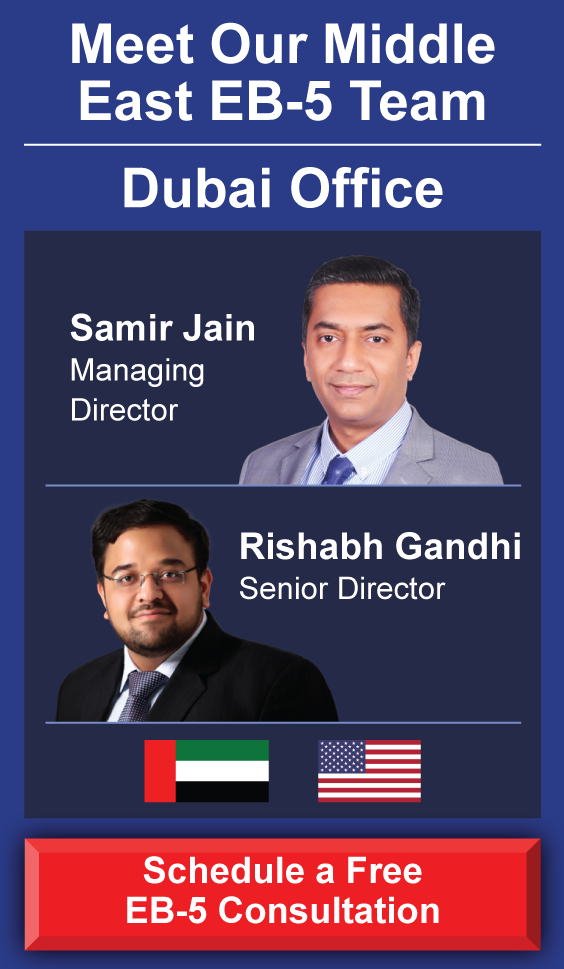Accurate translation of documents plays a central role in the marketing of EB-5 projects to foreign investors, especially in light of increased scrutiny from the Securities and Exchange Commission (SEC) over recent years. Investors must be provided with correct information in their native languages so as to make informed decisions, and the SEC has zeroed in on projects that defraud investors by depriving them of such crucial information. EB-5 practitioners must therefore ensure they work only with qualified professionals experienced in the translation of international business materials.
This article outlines several key points EB-5 project teams should keep in mind when seeking translation services:
Legal considerations. All translated project materials presented to foreign investors must be consistent with the governing English versions of those documents. U.S. antifraud legislation dictates that investors must be made aware of any information that may affect their investment decisions. This regulation is especially relevant to EB-5 projects, as improperly translated documents may mislead investors or leave out important points.
First impressions. A properly translated document should read naturally for the investor. This means the translator must be familiar with local dialects, writing conventions, and figures of speech so as to convey the nuances of the material and create project documents easily understood by investors. Documents that have noticeably been translated may in fact discourage investment, as investors might perceive a lack of professionalism or unfamiliarity with their needs.
Translator qualifications. Any translator hired to work on project documents must be experienced with translation for international business. Additionally, the translator should have prior experience with the EB-5 Program itself, as well, so as to know which elements of the document are crucial to an investor’s understanding of the project. Practitioners should also note the difference between interpreters and translators: While an interpreter specializes in verbal communication and can play a key role in facilitating meetings between investors and project personnel, a translator is ideal for work with written material and should be able to provide a polished final document for review by the investor and the project team.
Pricing. An experienced translator will first review the documents so as to provide an accurate quote, and that quote should be based on the word count of the material. Also taken into account are the complexity of the document and the deadline for delivery as well as any formatting requirements, such as tables, charts, or figures requiring translation. The translator should also specify whether the quote for the project includes proofreading or any further rounds of revisions, as the additional cost for these services will have to be taken into account if not.
Project deadlines. The project team must leave adequate time for translators to complete the work and make any revisions necessary following proofreading. An experienced translator will be able to provide the team with an accurate estimate of the time needed to ensure the documents are completed to a high standard, so teams should take this timeline into account when planning the project. If the documents must be split among multiple translators because of time constraints, ensure the team leaves enough time for a final review to eliminate potential inconsistencies.
Localization. China is a prime example of a market where localization of translated materials is crucial for the success of a project. With multiple dialects and writing systems, China poses a challenge for document translation, and one uniform set of documents for all Chinese investors will not be sufficient. Project teams must therefore seek translators experienced with the language needs of local investors, and all documents must be translated with the end audience in mind. An experienced translation agency will ensure not only that the right translator is assigned to each set of documents but that the documents are consistent with one another and the English master set.
Translation is a significant aspect of creating compelling and accurate EB-5 project documents. With translation playing a role in successful international marketing and in the compliance of project offerings with U.S. securities laws, project teams must ensure they carefully vet translation service providers with the above points in mind. Price should not be the only consideration, and an experienced translator will be more than happy to provide samples of relevant previous work, a CV listing qualifications, and a reasonable quote based on his or her review of the documents. Communication between the project team and the translator is key, and, as with all aspects of the EB-5 Program, all parties must approach project documents with the needs of investors in mind.










